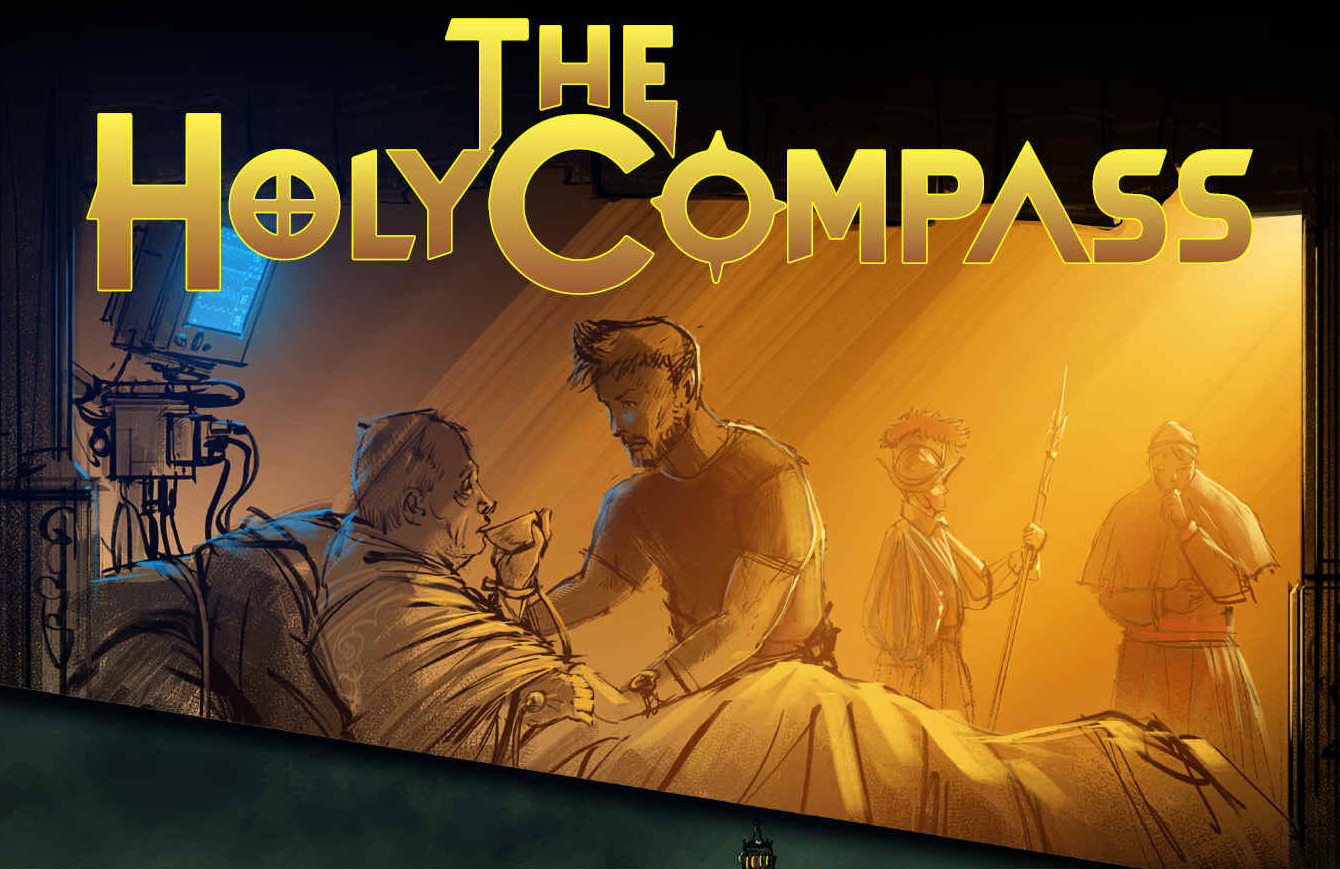
The
cure for cancer is the Holy
Grail of medical achievement, a Crusade
that is within our grasp.
In
this fictional John
Storm adventure, NATO is acutely
aware of socialist-communists threats to world stabilization, and
the growing number of cyber
attacks. NATO is in search of solutions that in
part align with the EU's cancer research programmes, in the development of
superhuman soldiers. Enhanced men and women who can perform special military
operations, giving the edge to their elite forces, in the event of military
actions that threaten world peace. Including commercial activities designed
to undermine the economies of allied nations, some of which rely on cyber
warfare; digital attacks on, and theft of sensitive data, corporate hacking,
and virus implantation.
In
this regard, NATO has made $billions of dollars of funding available to
their allies, sparking proposals, and underpinning academics conducting
research in this area. The aim being to counter aggressive economic agendas, aimed at
world expansion and asset domination, purchases of raw materials, control of
ocean transport and ports, etc. Combined with military attacks that threaten
the physical borders of Organization members.
It
is a Cold War of sorts. Presently experiencing a rise in temperature to
Luke-Warm, tending to Simmer, as socialist/communist regimes, seek to assert
their policies and politics in a way that gives them effective control of
international trade. Another way of waging war, without firing bullets and
missiles, but equally enslaving of the target populations.
The
Russo-Ukraine war, exemplified the need for asset endurance, both physical
and mental, in the face of attempts to make geographical gains, control of
ports and grain. Intelligence gathering and infrastructure attacks, also
became a priority. As the source of malicious cyber infiltrations were
identified as being Russian and Chinese in origin.
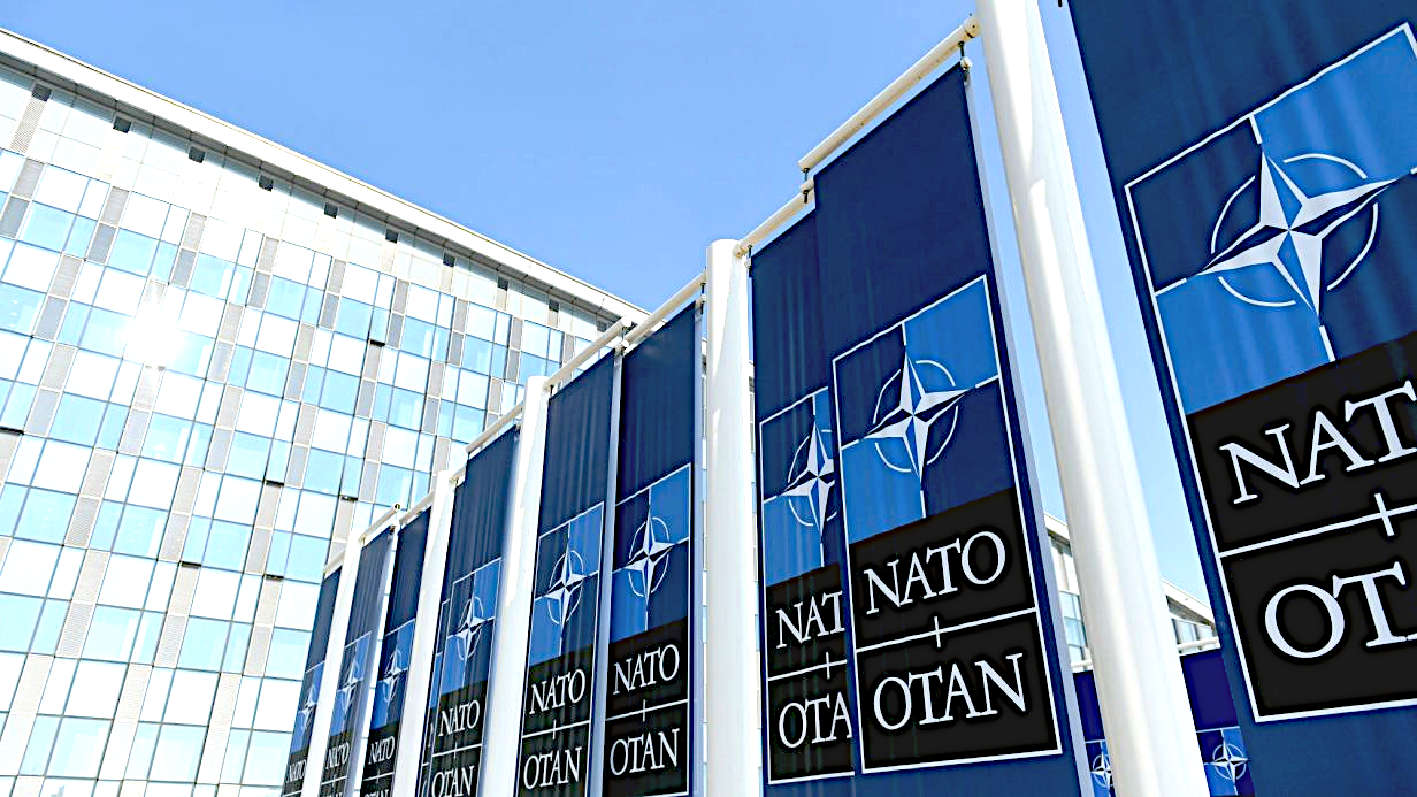
NATO INNOVATION FUND
The NATO Innovation Fund is the world's first multi-sovereign venture capital fund and will invest in start-ups developing cutting-edge technological solutions, leveraging the potential for commercial innovation to address critical defence and security challenges. The Fund’s Limited Partners include 23 NATO Allies at the highest levels of government, venture capital, innovation and defence. The Fund will make direct investments into start-ups located in any of the 23 participating Allied nations, as well as indirect investments into deep tech funds with a trans-Atlantic impact. It will provide patient capital to meet the needs and timelines of deep tech innovators and to secure an enduring future for the Alliance’s 1 billion citizens.
NATO SECURITY INVESTMENT PROGRAMME
The NSIP contributes directly to deterrence, defence and security, by supporting capability development and delivery, particularly on air, land and naval facilities, bulk fuel pipeline systems and storage, reinforcement, sustainment and enablement capabilities, core communications, information technology networks, satellite communications and readiness initiatives.
The RPPB recommends a NSIP ceiling of EUR 1,324.4 million in 2024, noting the planning figure of EUR 1,710.6 million for 2025 and that submitted requirements rise to EUR 3,565.3 million in 2028 and are projected to reach EUR 5,786.4 million in 2030.
MILITARY BUDGET
The Military Budget contributes, inter alia, to strengthening NATO’s deterrence and defence posture, provide core military capabilities, fulfil responsibilities assumed by NATO in Alliance Operations and Missions, and to foster interoperability of Alliance forces. NATO Military Authorities’ projections are predicated on the development of the Concept for Deterrence and Defence of the Euro-Atlantic Area (DDA) and the NATO Warfighting Capstone Concept (NWCC).
In light of the radically changed security environment, Allies have accelerated strengthening NATO’s deterrence and defence and given the 2022 Madrid Summit commitment on common funding as well as the need to deliver on NATO 2030 requirements, the RPPB recommends a total Military Budget ceiling of EUR 2,128.3 million for 2024, noting that planning figures rise to EUR 3,097.6 million in 2028 and are projected to reach EUR 4,390.6 million in 2030.
ABOUT NATO
The North Atlantic Treaty Organization (French: Organisation du traité de l'Atlantique nord, OTAN), also called the North Atlantic Alliance, is an intergovernmental military alliance between 31 member states – 29 European and two North American. Established in the aftermath of
World War II, the organization implemented the North Atlantic Treaty, signed in Washington, D.C., on 4 April 1949. NATO is a collective security system: its independent member states agree to defend each other against attacks by third parties. During the Cold War, NATO operated as a check on the threat posed by the Soviet Union. The alliance remained in place after the dissolution of the Soviet Union and the Warsaw Pact, and has been involved in military operations in the Balkans, the Middle East, South Asia, and Africa. The organization's motto is animus in consulendo liber (Latin for "a mind unfettered in deliberation").
NATO's main headquarters are located in Brussels, Belgium, while NATO's military headquarters are near Mons, Belgium. The alliance has increased its NATO Response Force deployments in Eastern Europe and the combined militaries of all NATO members include around 3.5 million soldiers and personnel. Their combined military spending as of 2022 constituted around 55 percent of the global nominal total. Moreover, members have agreed to reach or maintain the target defence spending of at least two percent of their GDP by 2024.
NATO formed with twelve founding members and has added new members nine times, most recently when Finland joined the alliance on 4 April 2023, exactly 74 years after NATO's formation. Following the acceptance of its application for membership in June 2022, Sweden is anticipated to become the 32nd member, with its Accession Protocol to the North Atlantic Treaty now in the process of being ratified by the existing members. In addition, NATO currently recognizes Bosnia and Herzegovina, Georgia, and Ukraine as aspiring members. Enlargement has led to tensions with non-member Russia, one of the twenty additional countries participating in NATO's Partnership for Peace programme. Another nineteen countries are involved in institutionalized dialogue programmes with NATO.
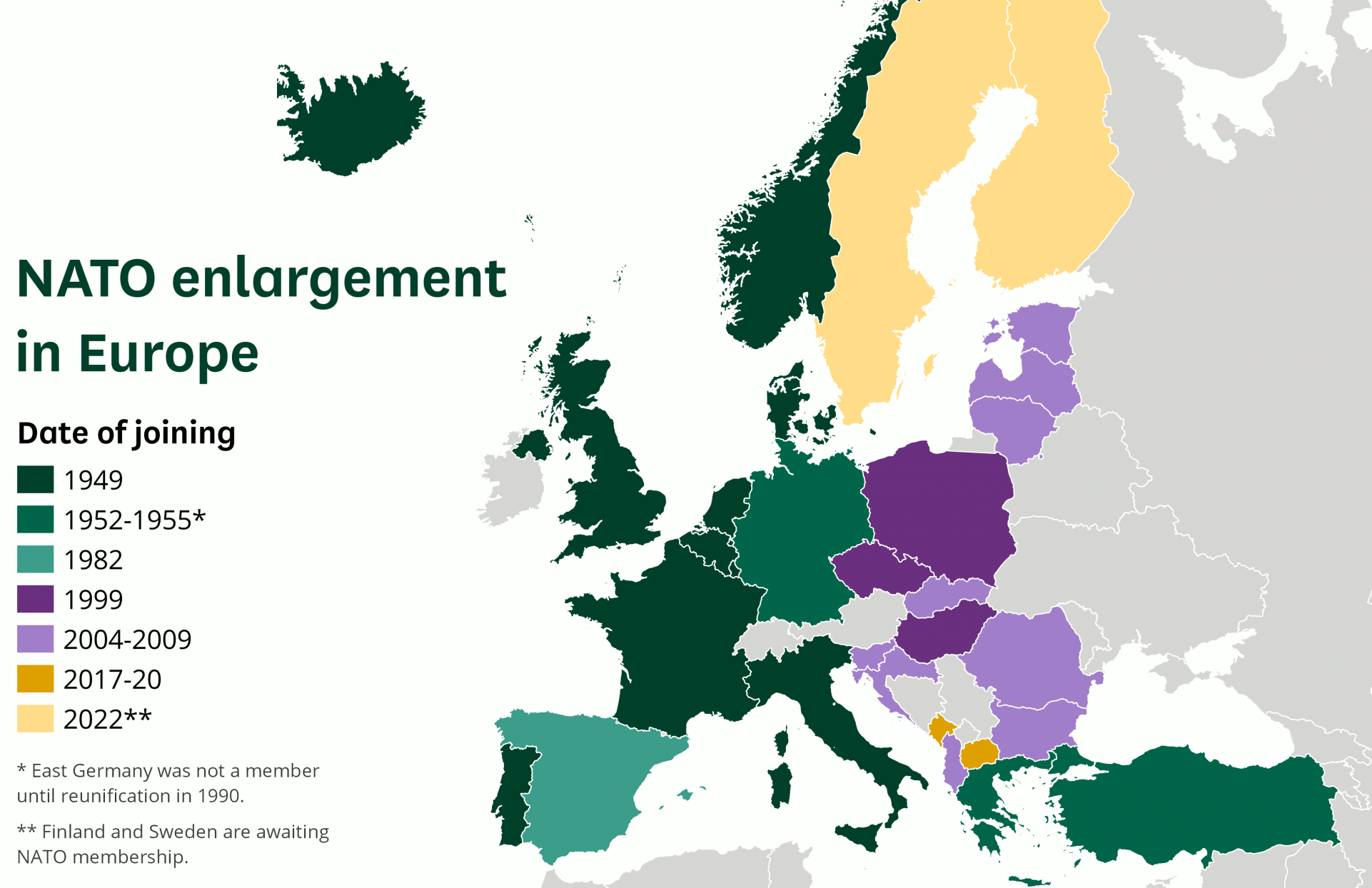
AFGHANISTAN
The September 11 attacks in the United States caused NATO to invoke Article 5 of the NATO Charter for the first time in the organization's history. The Article states that an attack on any member shall be considered to be an attack on all. The invocation was confirmed on 4 October 2001 when NATO determined that the attacks were indeed eligible under the terms of the North Atlantic Treaty. The eight official actions taken by NATO in response to the attacks included Operation Eagle Assist and Operation Active Endeavour, a naval operation in the Mediterranean Sea designed to prevent the movement of terrorists or weapons of mass destruction, and to enhance the security of shipping in general, which began on 4 October 2001.
The alliance showed unity: on 16 April 2003, NATO agreed to take command of the International Security Assistance Force (ISAF), which included troops from 42 countries. The decision came at the request of Germany and the Netherlands, the two countries leading ISAF at the time of the agreement, and all nineteen NATO ambassadors approved it unanimously. The handover of control to NATO took place on 11 August, and marked the first time in NATO's history that it took charge of a mission outside the north Atlantic area.
ISAF was initially charged with securing Kabul and surrounding areas from the Taliban, al Qaeda and factional warlords, so as to allow for the establishment of the Afghan Transitional Administration headed by Hamid Karzai. In October 2003, the UN Security Council authorized the expansion of the ISAF mission throughout Afghanistan, and ISAF subsequently expanded the mission in four main stages over the whole of the country.
On 31 July 2006, the ISAF additionally took over military operations in the south of Afghanistan from a US-led anti-terrorism coalition. Due to the intensity of the fighting in the south, in 2011 France allowed a squadron of Mirage 2000 fighter/attack aircraft to be moved into the area, to Kandahar, in order to reinforce the alliance's efforts. During its 2012 Chicago Summit, NATO endorsed a plan to end the Afghanistan war and to remove the NATO-led ISAF Forces by the end of December 2014. ISAF was disestablished in December 2014 and replaced by the follow-on training Resolute Support Mission.
On 14 April 2021, NATO Secretary General Jens Stoltenberg said the alliance had agreed to start withdrawing its troops from Afghanistan by May 1. Soon after the withdrawal of NATO troops started, the Taliban launched an offensive against the Afghan government, quickly advancing in front of collapsing Afghan Armed Forces. By 15 August 2021, Taliban militants controlled the vast majority of Afghanistan and had encircled the capital city of Kabul. Some politicians in NATO member states have described the chaotic withdrawal of Western troops from Afghanistan and the collapse of the Afghan government as the greatest debacle that NATO has suffered since its founding.
Proving, that there is no room for complacency. In nature, it is kill - or be killed. On the world stage, it is demonstrate strength, or suffer the consequences.
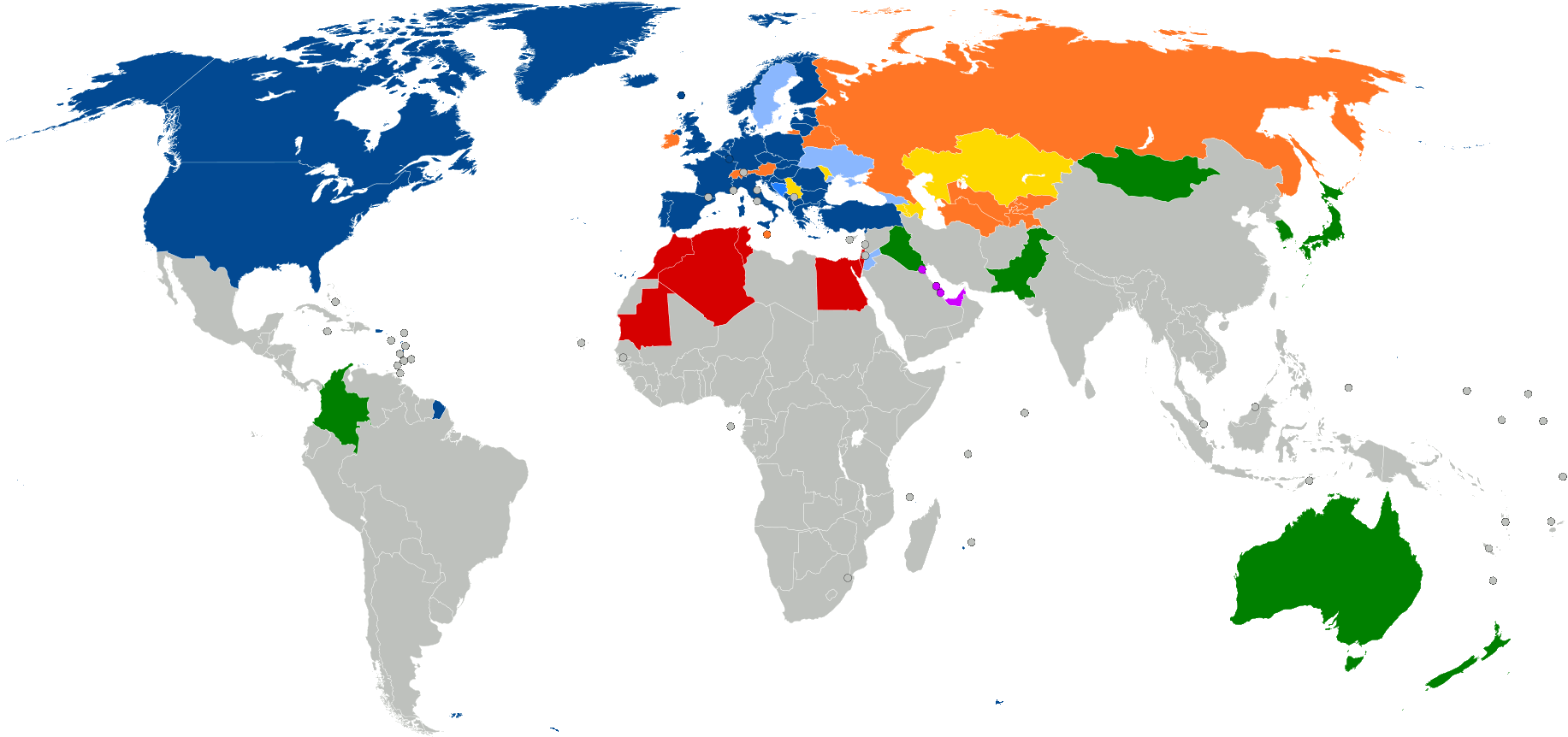
BUDGET
The increase in the number of NATO members over the years has not been sustained by an increase in the defense expenditures. A target of 2% GDP was formulated as a trial balloon at the 2006 NATO Riga summit by then-NATO Ambassador Victoria Nuland. Almost a decade later the Nuland target had been scorned by most, for example Belgium, Canada, Denmark, Germany and the Netherlands. Only three alliance members did so in 2014. US Secretary of Defense Chuck Hagel was instrumental in formulating the 2014 NATO Wales summit declaration, in which the Allies agreed to increase (over a period of ten years) their defence expenditures to the Nuland target. In 2021, eight out of 30 member states achieved 2% GDP contribution to defense spending. Of the rest, 12 spent under 1.5% GDP in 2022, falling well short of the Nuland target. Former UK Secretary of Defense Michael Fallon suggested in May 2023 that the Nuland target should be raised to 2.5% GDP and the defense budget should be augmented by a corresponding reduction in expenditure on energy subsidies and refugee subsidies, amongst other categories.
SPECIAL OPERATIONS FORCES
NATO Special Operations Forces (SOF) are elite military units designed to undertake complex and dynamic security missions within the evolving strategic environment. They complement NATO land, air, maritime, cyber and space capabilities and are essential components of multi-domain operations – particularly in situations requiring clandestine (and potentially high-risk) operations. Special Operations Forces support the Alliance’s three core tasks of deterrence and defence, crisis prevention and management, and cooperative security.
SOF KEY FEATURES
The successful conduct of special operations relies on individual and small-unit proficiency. These highly trained forces use specialised operational skills, applied with adaptability, improvisation, innovation and self-reliance. The small size, unique capabilities and self-sufficiency (for limited periods) of SOF units provide the Alliance with additional options for a military response that may not entail the risk of escalation normally associated with the employment of inherently larger or more visible conventional forces.
NATO SOF are an asset employed to help achieve tactical, operational and strategic objectives. They are organised so that they are able to operate seamlessly alongside land, air, maritime, cyber and space units. This allows Allied and partner forces to act together coherently and efficiently during NATO operations and exercises.
ALLIED SPECIAL OPS FORCES COMMAND (SOFCOM)
SOFCOM is co-located with Supreme Headquarters Allied Powers Europe (SHAPE) in Mons, Belgium. It falls under the operational command of the Supreme Allied Commander Europe (SACEUR). Twenty-seven NATO member countries and three partners (Austria, Ireland and NATO Invitee Sweden) are represented among the 200-plus headquarters staff.
CYBER
WARS
Cyber threats to the security of the Alliance are complex, destructive and coercive, and are becoming ever more frequent. Cyberspace is contested at all times and malicious cyber events occur every day, from low-level to technologically sophisticated attacks. NATO and Allies are responding by strengthening the Alliance’s ability to detect, prevent and respond to malicious cyber activities. NATO and its Allies rely on strong and resilient cyber defences to fulfil the Alliance’s three core tasks of deterrence and defence, crisis prevention and management, and cooperative security. The Alliance needs to be prepared to defend its networks and operations against the growing sophistication of the cyber threats it faces.
NATO'S APPROACH TO CYBER DEFENCE
Cyberspace is contested at all times as malign actors increasingly seek to destabilise the Alliance by employing malicious cyber activities and campaigns. Potential adversaries seek to degrade our critical infrastructure, interfere with our government services, extract intelligence, steal intellectual property and impede our military activities. Russia's war of aggression against Ukraine has highlighted the extent to which cyber activities are a feature of modern conflict. Russia has also intensified its hybrid actions against NATO Allies and partners, including through malicious cyber activities. China's stated ambitions and coercive policies challenge NATO's interests, security and values. China's malign hybrid and cyber operations, and confrontational rhetoric and disinformation, target Allies and harm NATO's security. Allies are actively countering the growing number of substantial and persistent cyber threats – including to their democratic systems and critical infrastructures – including where this activity forms part of hybrid campaigns.
COOPERATING WITH INDUSTRY
The private sector is a key player in cyberspace, and technological innovations and expertise from the private sector are crucial to enable NATO and Allies to respond effectively to cyber threats.
|
CHARACTERS
- PROTAGONISTS |
|
DESCRIPTION |
| ... |
|
... |
|
Abdullah
Amir |
|
Middle
eastern marine captain |
|
Ahmed
Saleh - Port of El Dekheila |
|
Fisherman
who finds location Cleopatra's tomb |
|
Ark,
The
|
|
Interactive
DNA database |
|
Captain
Nemo
|
|
Interactive
autonomous navigation system |
|
Charley
Temple
|
|
Adventurous
researcher
& cameraman |
|
Cleopatra,
last Pharaoh queen of Egypt reborn |
|
The
reincarnated Mummy |
|
Dan
Hawk
|
|
Electronics
wizard & 2nd mate E. Swann |
|
Dr
Roberta (Bobbie) Treadstone |
|
Blue
Shield ocean division, Newcastle Uni |
|
Elizabeth
Swann
|
|
World's
most advanced AI hydrogen ship |
|
Excalibur,
Merlin & Pendragon
|
|
Anti-piracy
laser & taser weapons system |
|
George
Franks
|
|
Estate
trustee |
|
Hal
|
|
Advanced
onboard Artificial Intelligence |
|
Horizon
Europe
|
|
Medical
research call, cure for cancer |
|
Jack
Mason |
|
CIA
contact, sometime double agent |
|
Jill
Bird |
|
BBC
news anchor, overseas services |
|
John
Storm - Master
& Commander RN
|
|
Explorer/conservationist/anthropologist |
|
Julius
Caesar
|
|
Roman
general who falls in love with Queen |
|
Kitty
Kat (Katie)
|
|
Ships
cat and mascot, who loves fishing |
|
Marcus
Antonius
|
|
Cleopatra's
lover and ally against Rome |
|
PM
Edward Thomas
|
|
British
Prime Minister (Honest Johnson) |
|
Professor
Douglas Storm
|
|
Genius
& great uncle to John Storm |
|
Professor
Jacques Pierre Daccord |
|
UNESCO,
subsea archaeology division |
|
Steve
Green (Greeno)
|
|
Freelance
investigative bloodhound |
|
Suki
Hall (Suzuki)
|
|
Marine
biologist |
|
US
President Lincoln George Truman |
|
Supreme
commander US military |
|
William
Bates (Billy the Kid) |
|
US
computer genius & CyberCore
Genetica™ |
|
... |
|
... |
|
CHARACTERS
- ANTAGONISTS |
|
DESCRIPTION |
|
... |
|
... |
|
Franco
Francisco |
|
Italian
scientist, cloning expert |
|
General
Sir Rodney Dunbar |
|
Head
of MI6 human enhancement |
|
Harold
(Dirty Harry) Holland |
|
Chief
Constable, Scotland Yard |
|
Husani
Hassan |
|
President
elect of Egypt |
|
Novus
Illuminatum |
|
A
secret scientist society |
|
Klaus
von Kolreuter |
|
Swiss
scientist, human genome expert |
|
Musa
Bomani |
|
Egyptian
tomb raider |
|
Musket
Meloni |
|
The
richest man alive |
|
NATO |
|
Funding
super soldier & cyber warfare R&D |
|
Nicholas
(Nick- The Devil) Johnson MP |
|
UK
Minister for Defence |
|
Octavian |
|
1st
Roman emperor who defeats Cleopatra |
|
Roberto
Ferrara |
|
Italian
spy, Interpol, double agent |
|
Rudolf
Kessler |
|
Egyptologist/archaeologist |
|
Safiya
Sabuka |
|
Egyptologist, descendant of Cleopatra |
|
Sergeant
Shaun Flanagan |
|
Police
officer, Scotland Yard |
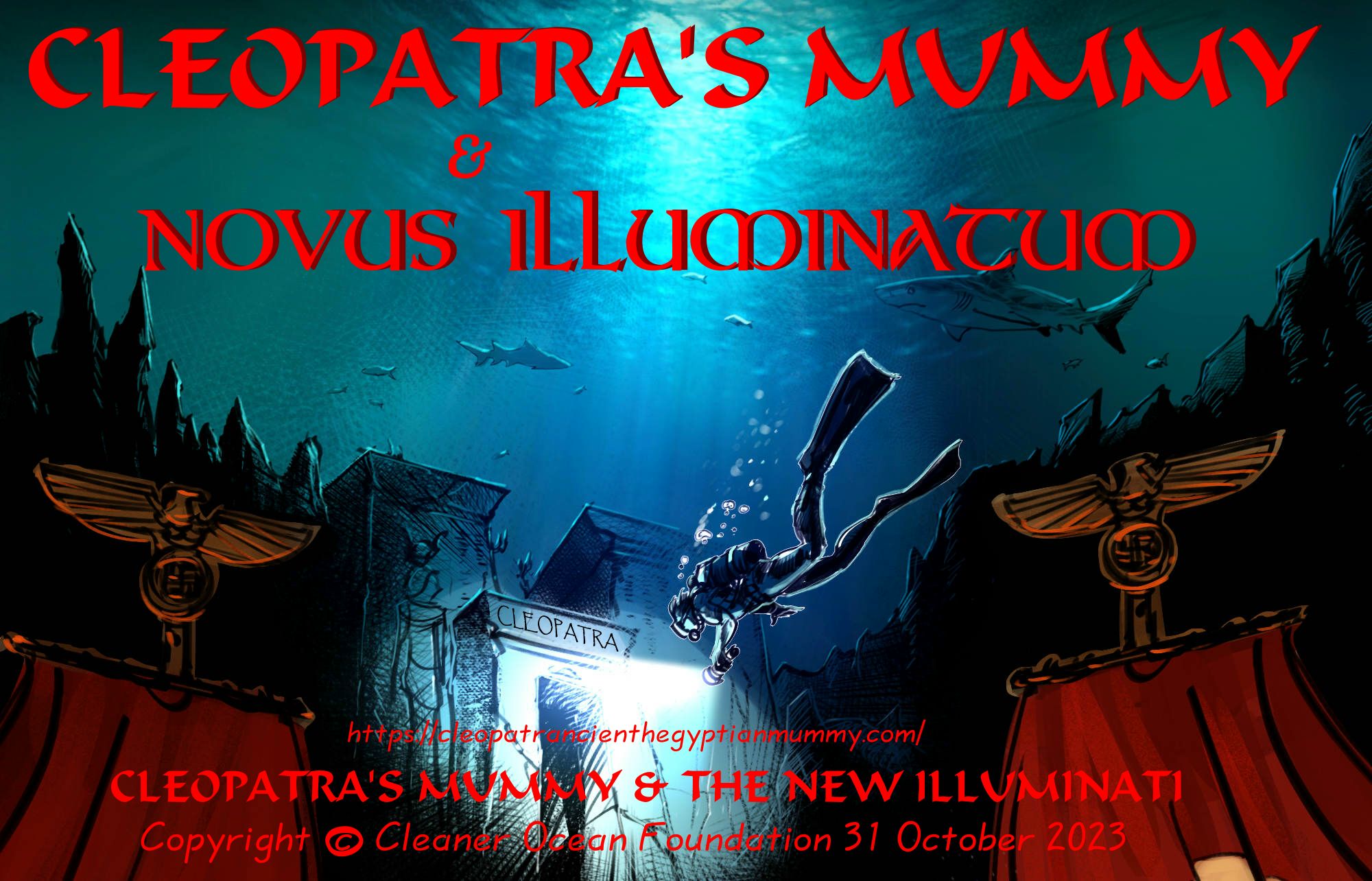
...
https://www.nato.int/cps/en/natohq/official_texts_217756.htm
https://www.nato.int/cps/en/natohq/news_217864.htm
https://www.nato.int/cps/en/natohq/topics_78170.htm
https://www.nato.int/cps/en/natohq/official_texts_217756.htm
https://www.nato.int/cps/en/natohq/news_217864.htm
https://www.nato.int/cps/en/natohq/topics_78170.htm

|




